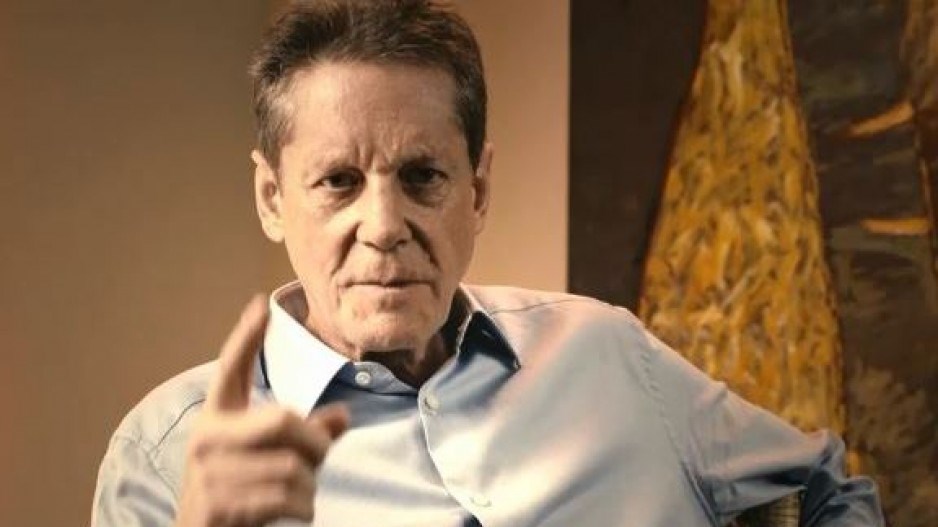Billionaire Robert Friedland has become the latest prominent figure in the Canadian mining industry to come in defence of Teck Resources (TSX: TECK.A, TECK.B) (NYSE: TECK), which is facing a hostile $23.1-billion takeover bid from Swiss commodities giant Glencore (LON: GEN).
The mining veteran, who has a stake in Teck through his company Ivanhoe Mines (TSX: IVN), warned late on Monday through a series of tweets that investors should not take lightly the attempted takeover of a Canadian “champion”.
“Losing another quintessential Canadian support mechanism to multinationals could corporatize and hollow out our unique ecosystem that has so successfully explored our vast landmass,” he said.
Friedland highlighted Teck’s history of supporting Canadian junior mining and exploration companies, including Diamond Field Resources (known today as DFR Gold) — the richest nickel discovery in the world in the last 50 years.
The magnate, who made his fortune from the Voisey’s Bay nickel project in sa���ʴ�ý in the 1990s, said that Glencore’s offer undervalues Teck and its assets, and noted that many investors, including himself, would be interested in buying the company or partnering with it post-split-up.
He urged the Canadian government and regulators to protect Teck from “foreign predators” and to ensure that strategic resources, particularly copper and zinc, remain in local hands.
Friedland’s recommendations come a day after Teck chairman emeritus, Norman Keevil, said he wasn’t against deals with other companies, provided they were with “the right partner” and “on the right terms” after the company splits its base metals and coal businesses.
The 72-year-old has long been warning about the need to secure copper supplies. He believes the orange metal is so crucial in electrifying the global economy that finding enough of it has become a national security issue.
His latests endeavours have all been focused on finding more of the metal and that how he became involved in some of the biggest recent copper discoveries, including the giant Oyu Tolgoi mine in Mongolia and Kamoa-Kakula in the Democratic Republic of Congo, which is expected to become the world’s second-largest copper mine and also the one with the highest grades among major operations.
Friedland said he had “great respect” for Glencore as one of the world’s leading metal trading houses and mining companies, but noted the company and Teck had “vastly different cultures” when it comes to exploration, mine development, and mining operations.
Michael Goehring, president and CEO of the Mining Association of British Columbia (MABC), also voiced on Monday his concerns about the eventual takeover of Teck.
“The potential loss of BC’s long-standing mining champion and head office jobs in Vancouver is not in the best interests of British Columbians,” Goehring said. “We should be growing more local head office jobs in Vancouver, anchored by companies like Teck Resources, rather than see them go elsewhere.”
He called on the federal government to review the deal as the future of a “major Canadian critical minerals producer” is on the line.
Ross Beaty, founder and chair emeritus of Pan American Silver (TSX, NYSE: PAAS) and chairman of Equinox Gold (TSX: TSE: EQX), weighed in on the topic, saying that “it would be foolish to entertain proposals from a single interested party prior to separation.”
Teck’s shareholders are scheduled to vote on April 26 on the company’s proposal to separate its base metals business from the coal unit.



